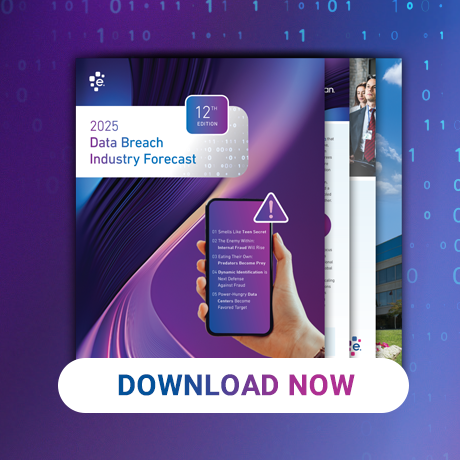By: Staci Baker
It seems like every time I turn on the TV there is another natural disaster. Tsunami in Japan, tornadoes and flooding in the Mid-West United States, earthquakes and forest fires – everywhere; and these disasters are happening worldwide. They are not confined to one location. If a disaster were to happen near any of your offices, would you be prepared? Living in Southern California, this is something I think of often. Especially, since we are supposed to have had “the big one” for the past several years now.
When developing a preparedness plan for a company, there are several things to take into consideration. Some are obvious, such as how to keep employees safe, developing steps for IT to take to ensure data is protected , including an identity theft prevention program, and establishing contingency business plans in case a disaster directly hits your business and doors need to remain closed for several days, weeks, or ….
But, what about the non-obvious items that should be included in a disaster preparedness plan? When a natural disaster hits, there is an increase in fraud. So much so, that after Hurricane Katrina battered the Gulf, the Hurricane Katrina Fraud Task Force, now known as the National Center for Disaster Fraud, was created. In addition to the items listed above, I recommend including the following. Create a plan that will put fraud alerts in place to minimize fraud. Fraud alerts are not just to notify your clients when there is fraudulent activity on their accounts. Alerts should also be put in place to let you know when there is fraudulent activity within your own business as well.
Depending on the type of disaster, delinquency rates may increase, since borrower funds may be diverted to other needs. Implement a disaster collections strategy, which may include modifying credit terms, managing credit risk, and loan loss provisioning.
Although these are only a few things to be considered when developing a disaster preparedness plan, I hope it gets you thinking about what your company needs to do to be prepared. What are some things you have already done, or that are on your to do list to prepare your company for the next big event that may affect you?


